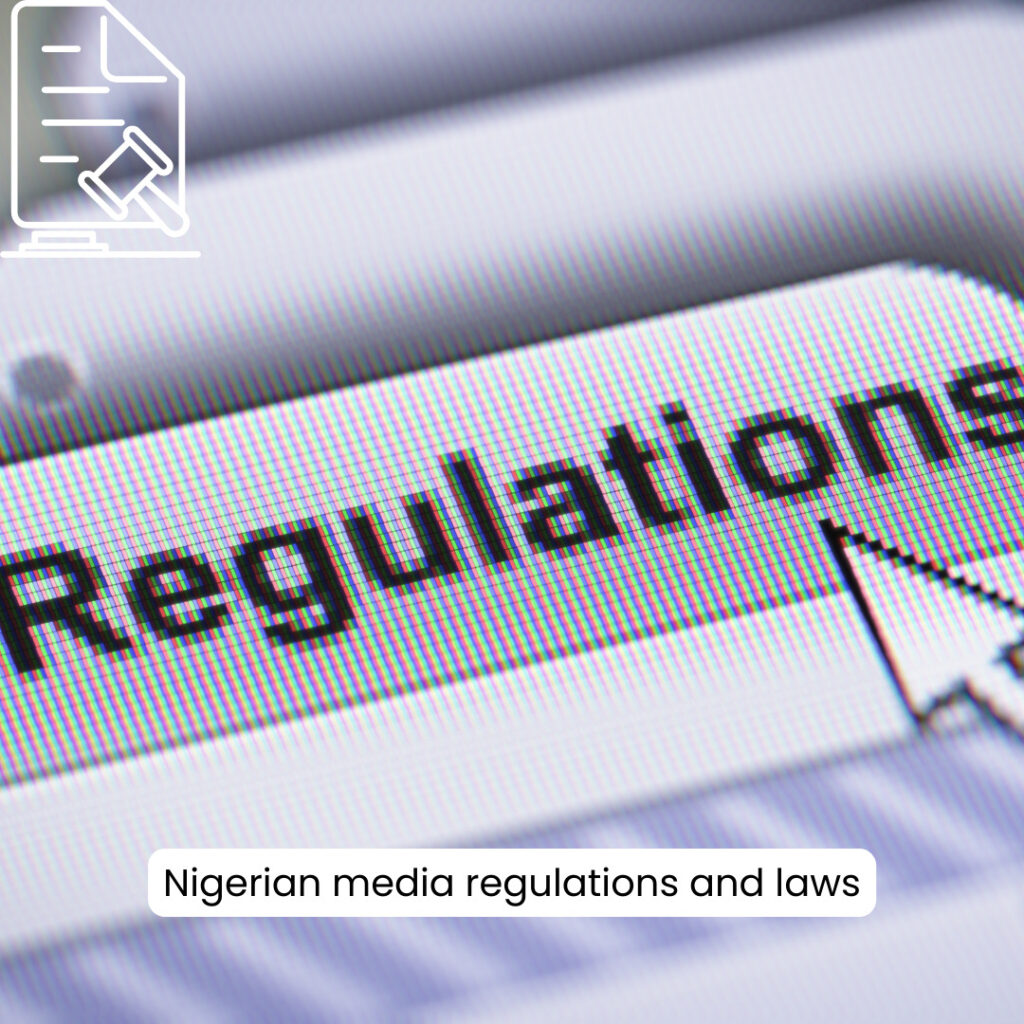Upholding Integrity and Responsibility: Media Ethics and Standards in Nigeria
Media serves as a vital pillar of democratic societies, acting as a watchdog, informing the public, and providing a platform for diverse voices. With this influential role comes a great responsibility to uphold ethical principles and maintain high standards of journalism. In Nigeria, a nation with a diverse media landscape, the importance of media ethics and standards cannot be overstated. In this article, we delve into the significance of media ethics, explore the ethical challenges faced by Nigerian media, and highlight the efforts to uphold integrity and responsibility in the industry.
The Role of Media Ethics
Media ethics encompass a set of moral principles and guidelines that govern the conduct of media professionals and organizations. Ethical journalism aims to provide accurate, balanced, and fair coverage while adhering to principles such as truthfulness, transparency, independence, and accountability. In Nigeria, where media outlets play a crucial role in shaping public opinion and fostering informed citizenship, ethical journalism is essential to maintain public trust and promote a healthy democratic discourse.

Key Ethical Principles in Nigerian Media
Nigerian media organizations are guided by a set of ethical principles that mirror global journalistic standards:
- Truth and Accuracy: Reporting must be based on accurate information, verified sources, and fact-checking to ensure the dissemination of reliable news.
- Independence: Journalists should maintain editorial independence, free from undue influence or bias, and avoid conflicts of interest that could compromise their integrity.
- Fairness and Impartiality: Media outlets are committed to providing balanced coverage and representing diverse viewpoints, ensuring fairness to all parties involved.
- Privacy and Sensitivity: Respecting the privacy of individuals and treating sensitive subjects with empathy and discretion are integral to ethical journalism.
- Accountability: Media organizations should be accountable for their actions and rectify errors transparently to uphold their credibility.
Ethical Challenges and Concerns
While media ethics are foundational, Nigerian media faces unique challenges that can test these principles:
- Sensationalism: The pursuit of higher viewership or readership can lead to sensationalized reporting that prioritizes drama over accurate and balanced information.
- Fake News and Disinformation: The rapid spread of false information on digital platforms poses a challenge to media organizations striving to provide accurate and verified news.
- Political Interference: Media outlets may encounter pressure or attempts at political interference that could compromise their independence.
- Ethical Training: Ensuring that journalists have access to continuous training and resources on media ethics can be a challenge, particularly for smaller media organizations.
Efforts to Uphold Ethical Standards
Nigerian media organizations and stakeholders are taking proactive steps to address ethical challenges and uphold high standards:
- Self-Regulation: Media organizations often establish internal codes of ethics and standards to guide their practices and ensure responsible journalism.
- Media Associations: Professional associations, such as the Nigerian Union of Journalists (NUJ) and the Nigerian Guild of Editors (NGE), promote ethical journalism and provide a platform for dialogue and support among journalists.
- Training and Education: Workshops, seminars, and ethical training initiatives contribute to enhancing journalists’ understanding of media ethics and their role in maintaining credibility.
- Media Literacy: Educating the public about media literacy and critical thinking helps empower citizens to discern credible sources and navigate the complexities of modern media.
Conclusion
Media ethics and standards are the bedrock of responsible journalism in Nigeria. As the media landscape evolves and digital platforms reshape the way information is consumed, upholding ethical principles becomes even more critical. By adhering to truth, accuracy, fairness, and accountability, Nigerian media can foster a culture of responsible reporting, contribute to informed public discourse, and maintain its vital role as a watchdog for democracy. In a rapidly changing world, the commitment to ethical journalism ensures that the Nigerian media remains a trusted source of information and a cornerstone of a healthy democratic society.
